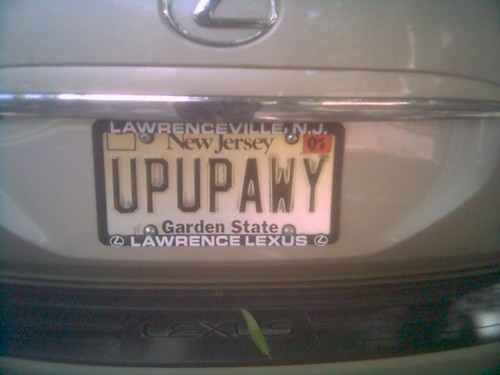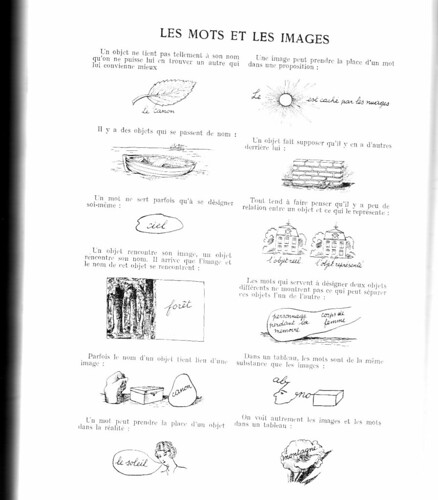Between the (Product) Lines
There are important topics rumbling around Blogaria — nuclear missile surprises, terrorist arrests, Tim Burke’s post “Angry at Academe” (with The Little Professor’s codicil about “Immobility”) — but let’s descend to the muck of consumer indulgence: what about the new iPods?
By and large, Apple seems to be developing the product lines in telligible ways. I don’t recoil in horror at the wide-body Nanos, since they come with video capability. $200 for 8GB and the capacity to watch The Office (oops, no NBC series) LOST on a two-inch screen seems fair, though a mild bump in storage would have been nice. The storage/screen combination for the iPod Classic sound plausible. The lure of a portable 160 GB, or even an 80GB hard drive that plays tunes and video will be hard for some folks to resist. Lower-priced iPhones make sense to me, and should accelerate the market for that device. Heck, I’m doing the math on our Princeton landline and wondering whether we might not be better off in the long run if we got an iPhone and a pay-as-you-go option from the traitor-to-civil-rights AT&T. At the end of a year with a landline we’re out $300 plus miscellaneous per-call charges, with nothing else to show for it; after a year with an iPhone, we’d be out $400 plus miscellaneous per-call charges, but we’d have a portable wifi-enabled phone/camera/video/audio player.
The spotlight gadget yesterday, though, was the iPod Touch, the iPhone without phone that we had been wondering about since the iPhone was introduced. Only it’s not exactly iPhone sans-a-phone; it’s iPhone sans phone, camera, Bluetooth, and various other bells and whistles (which only add $100, plus activation and call charges, to the “iPod Touch” price). It’s clearly the hottest item in the line, but it’s harder for me to get excited about it without either the non-phone extras or more storage (either would have amped up the value proposition for this device).
They’re all impressive gadgets for entertainment, and my 2G iPod is beginning to show signs of age, so I’m keeping a close eye on them. But no single contender separated itself from the pack this time.

